Essential Guide to Civil Litigation: Understanding Your Legal Options
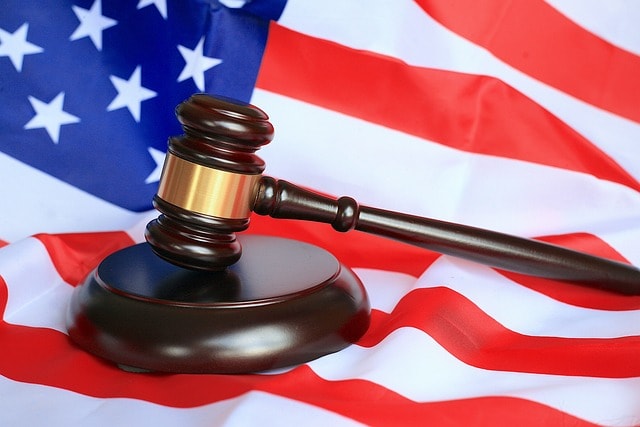
What is Civil Litigation?
Civil litigation is a legal process designed to resolve disputes between individuals, businesses, or entities seeking monetary damages or other remedies.
It involves a structured legal procedure to resolve disputes between one party (plaintiff) and another (defendant) for harm or wrongdoing.
The process can vary depending on the case, and sometimes cases, such as contract litigation, can be resolved without filing a lawsuit.
Civil litigation serves essential purposes in the legal system, including upholding justice and accountability.
Types of Civil Cases
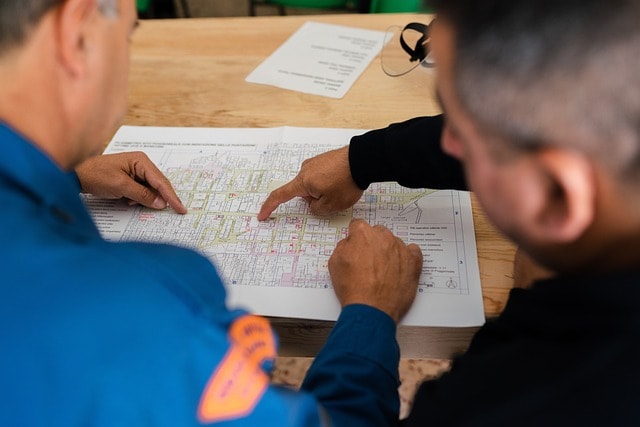
Civil litigation covers multiple types of cases, each with unique characteristics and legal requirements. Family law is a specialized branch dealing with family-related disputes, including divorce, custody arrangements, and child support payments. Some of the most common types of civil litigation include contract disputes, personal injury claims, and property disputes. Each type of civil litigation demands specific legal expertise and strategies tailored to the nature of the dispute and desired outcome. Civil dispute lawyers and their support teams, including litigation paralegals, often specialize in these areas to provide more targeted legal representation.
The Civil Litigation Process
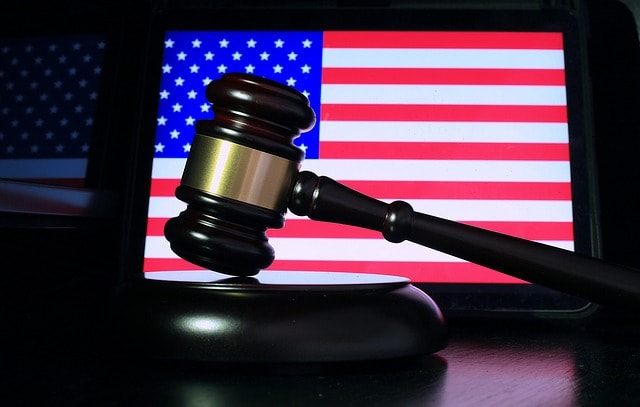
- The civil litigation process can vary depending on the case, but it typically involves a structured legal procedure.
- The process may include discovery, motions, pleadings, and a trial.
- The goal is to resolve disputes fairly and orderly, ensuring justice and accountability.
Pre-trial Procedures
Pre-trial procedures involve the preparation and filing of pleadings, motions, and other documents. The plaintiff files a complaint, and the defendant responds with an answer. The parties may engage in discovery, exchanging information and evidence. Either party can request a summary judgment at any point during the litigation, allowing cases to be resolved before trial based on demonstrable evidence.
Trial Procedures
Trial proceedings involve the presentation of evidence and testimony by both parties. A court reporter plays a crucial role in documenting the trial proceedings by creating a verbatim record, which is essential for legal professionals such as lawyers and judges, and is particularly important in the appeals process. The plaintiff presents their case first, followed by the defendant. The judge or jury renders a verdict based on the evidence presented.
Post-trial Procedures
- Post-trial procedures involve the enforcement of the judgment or appeal of the verdict.
- The prevailing party may seek to collect damages or enforce the judgment.
- The losing party may appeal the verdict to a higher court.
Alternative Dispute Resolution
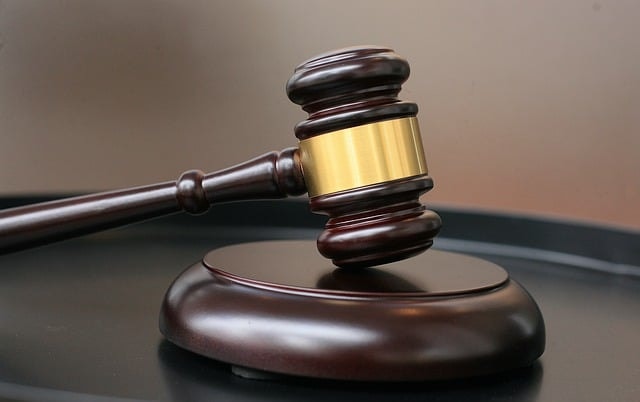
- Alternative dispute resolution (ADR) methods, such as mediation and arbitration, can be used to resolve civil disputes.
- ADR can be less costly and time-consuming than traditional litigation.
- ADR can also provide a more private and confidential resolution to disputes.
Filing a Civil Lawsuit

- To file a civil lawsuit, the plaintiff must prepare and file a complaint with the court.
- The complaint must state the legal basis for the claim and the relief sought.
- The defendant must be served with the complaint and summons.
Understanding Litigation Costs

- Litigation can be a costly and time-consuming process.
- The costs of litigation include attorney fees, court costs, and expert witness fees.
- The parties may also incur costs for discovery and trial preparation.
Selecting a Forum
- The parties must select a forum for the litigation, such as a state or federal court.
- The choice of forum can affect the applicable law and the outcome of the case.
- The parties may also consider alternative dispute resolution methods.
Evidence and Discovery
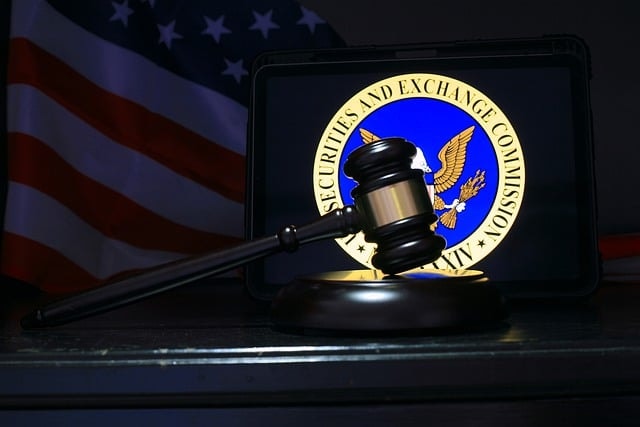
- The parties must exchange evidence and information during the discovery process.
- The parties may use various methods to obtain evidence, such as depositions and subpoenas.
- The parties must also comply with the rules of evidence and procedure.
Witness Statements and Testimony
- Witness statements and testimony can be crucial in civil litigation.
- The parties may use expert witnesses to provide opinion testimony.
- The parties must also comply with the rules of evidence and procedure.
Judgment and Enforcement
- The court renders a judgment based on the evidence presented.
- The prevailing party may seek to enforce the judgment through various means.
- The losing party may appeal the verdict to a higher court.
Working with a Litigation Attorney
- A litigation attorney can provide valuable guidance and representation in civil litigation.
- The attorney can help the parties navigate the legal process and prepare for trial.
- The attorney can also provide advice on alternative dispute resolution methods.
Legal Research and Case Preparation
Legal research is a cornerstone of the civil litigation process, providing the foundation upon which a strong case is built. Attorneys must delve into the applicable law, meticulously analyzing statutes, regulations, and court decisions relevant to the civil case at hand. This comprehensive research enables them to identify key legal issues, develop robust strategies, and anticipate potential arguments from the opposing party.
Effective legal research goes beyond merely locating information; it involves critically evaluating sources to ensure their relevance and reliability. Attorneys often review a wide array of materials, including case law, statutory provisions, and regulatory guidelines. Additionally, they may conduct interviews with witnesses and consult with experts to gather insights that bolster their case.
The ultimate goal of legal research is to equip attorneys with the knowledge and evidence needed to advocate effectively for their clients. By thoroughly understanding the applicable law and the nuances of the civil case, attorneys can present compelling arguments and navigate the complexities of the civil litigation process with confidence.
Role of Technology in Litigation
In today’s digital age, technology plays an indispensable role in the civil litigation process. From document management to trial presentation, technological tools have revolutionized how attorneys handle civil cases. One of the most significant advancements is electronic discovery (e-discovery), which involves the collection, preservation, and analysis of electronically stored information (ESI).
E-discovery allows attorneys to manage vast amounts of data efficiently, ensuring that relevant information is identified and preserved for use in the litigation process. This capability is crucial in an era where digital communication and electronic records are ubiquitous. Attorneys must be proficient in using technology to sift through large volumes of data, identify key pieces of evidence, and present complex information clearly and compellingly.
Moreover, technology facilitates seamless communication and collaboration between attorneys, clients, and experts. Tools such as secure file-sharing platforms and video conferencing enable real-time interaction, streamlining the litigation process and enhancing overall efficiency. As technology continues to evolve, staying abreast of the latest tools and trends is essential for attorneys to effectively represent their clients in civil litigation.
Ethical Considerations in Civil Litigation
Ethical considerations are paramount in civil litigation, guiding attorneys in their professional conduct and ensuring the integrity of the legal process. Attorneys are bound by a duty of candor and honesty, requiring them to be truthful in their representations to the court and opposing parties. This includes avoiding ex parte communications and refraining from making false or misleading statements.
Confidentiality is another critical ethical obligation. Attorneys must safeguard client information, ensuring that sensitive details are not disclosed without proper authorization. This duty extends to all aspects of the civil litigation process, from initial consultations to trial proceedings.
Attorneys must also avoid conflicts of interest, ensuring that their representation of one client does not adversely affect another. This requires careful consideration of potential conflicts and taking appropriate steps to address them.
By adhering to the highest standards of ethics and professionalism, attorneys contribute to a fair, efficient, and just civil litigation process. Upholding these ethical principles fosters trust in the legal system and ensures that legal disputes are resolved with integrity.
Appeals Process
The appeals process is a vital component of the civil litigation system, offering parties a mechanism to challenge adverse decisions and seek review by a higher court. When a party believes that a legal error affected the outcome of their case, they can initiate an appeal by filing a notice of appeal.
The appeals process involves several steps, beginning with the preparation and submission of appellate briefs. These briefs present the arguments and legal basis for the appeal, supported by references to the applicable law and the trial record. Oral arguments may also be scheduled, allowing attorneys to further advocate for their positions before the appellate judges.
The appellate court reviews the record from the lower court, considering the arguments and evidence presented by both parties. Based on this review, the appellate court may affirm the lower court’s decision, reverse it, or remand the case for further proceedings. The appeals process can be complex and time-consuming, requiring a thorough understanding of appellate procedures and the applicable law.
Settlement Negotiations
Settlement negotiations are a crucial aspect of the civil litigation process, offering parties an opportunity to resolve disputes without the need for a trial. Effective settlement negotiations require a deep understanding of the case, including the strengths and weaknesses of each party’s position.
Attorneys play a key role in these negotiations, leveraging their skills as communicators and negotiators to advocate for their clients’ interests. They must be open to creative solutions and willing to compromise to achieve a fair and satisfactory resolution. Alternative dispute resolution (ADR) techniques, such as mediation or arbitration, are often employed to facilitate these negotiations.
Engaging in settlement negotiations can help parties avoid the costs and uncertainties associated with trial proceedings. By reaching an agreement, parties can achieve a resolution that meets their needs and allows them to move forward without the prolonged stress of ongoing litigation.













